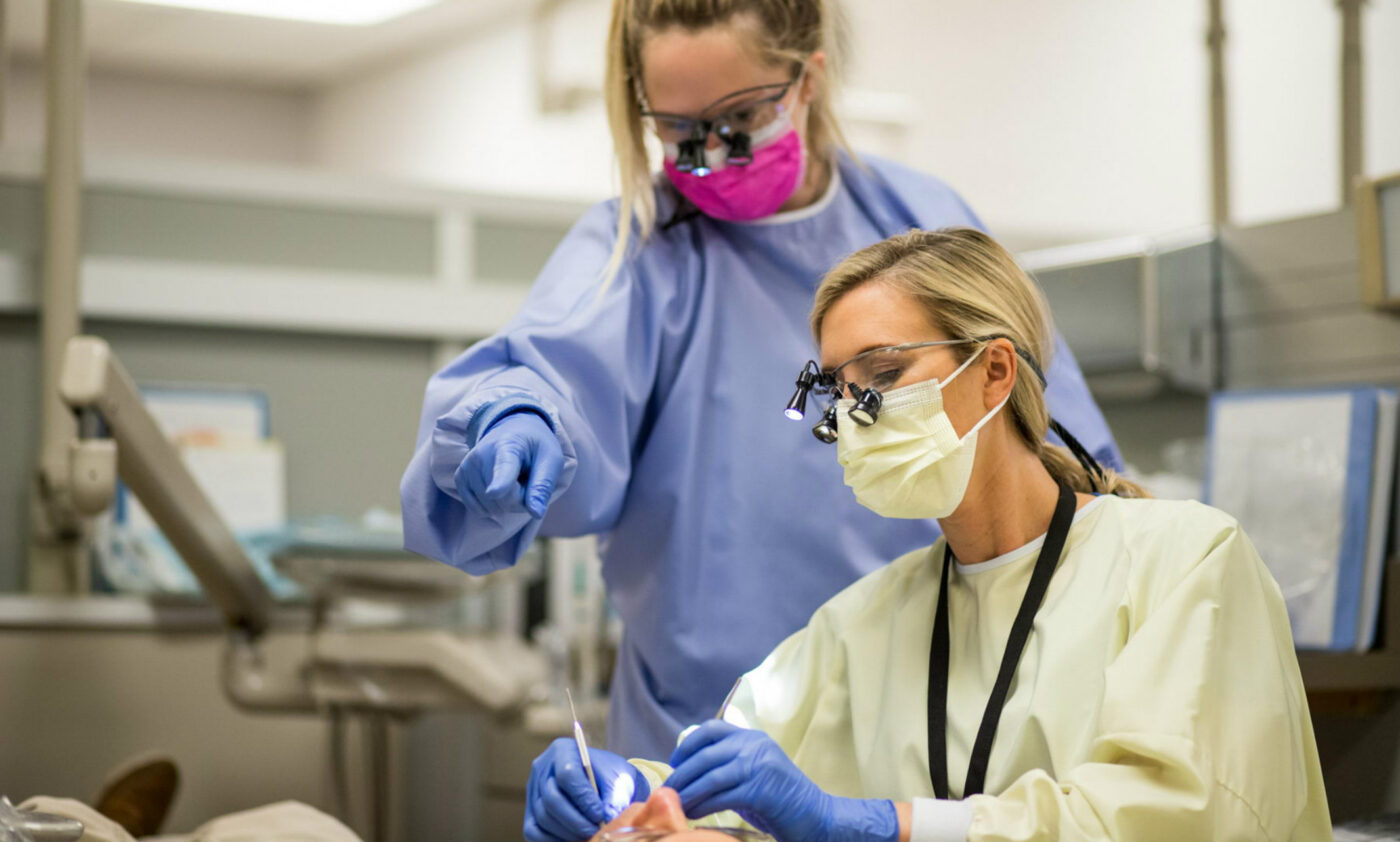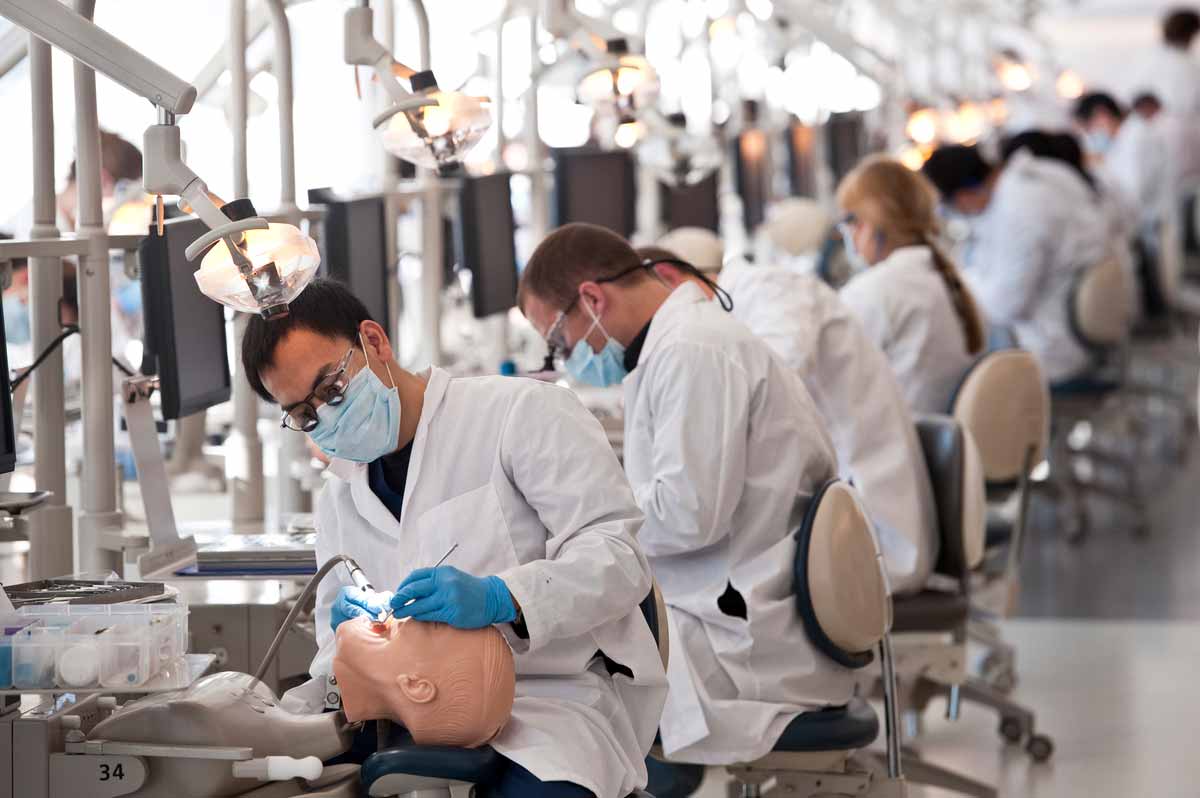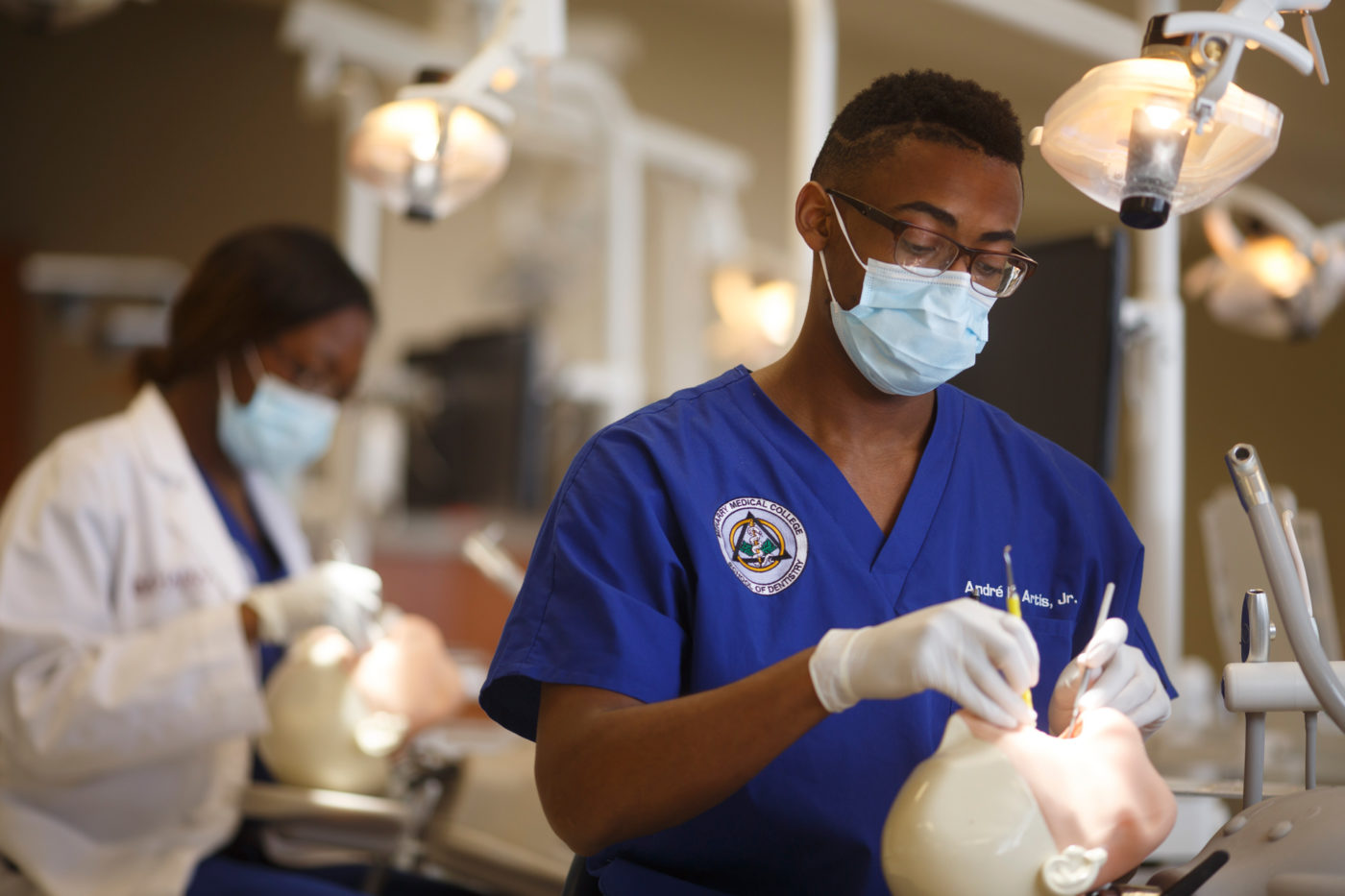No, dentists do not need to go to medical school to have a career in dentistry. Dentistry is a separate field from medicine, and dentists receive their education and training at a dental school rather than a medical school.
However, if a dentist wants to pursue a degree in a specific area of oral and maxillofacial surgery or oral medicine, they may be able to enroll in an MD-integrated program after completing their dentistry degree.
Why Do Dentists Not Need To Go To Medical School?
Dentistry is a separate field from medicine, and dentists focus on oral health and the treatment of issues related to the mouth, teeth, and jaw. They are trained to diagnose and treat a wide range of conditions, including cavities, gum disease, and misaligned teeth, and may also perform surgery on the teeth, gums, or bone.
Dentists do not need to have the same level of medical knowledge as doctors, as they do not treat medical conditions outside of the mouth.
Instead of attending medical school, dentists complete their education and training at a dental school. If you want a career in dentistry, you must first complete a four-year bachelor’s degree, usually in a science-related field.
After completing your bachelor’s degree, you must complete the Dental Admissions Test (DAT) and only after you have passed can you enrol in a dental school. Dental school typically takes four years to complete and offers two degrees: a Doctor of Dental Medicine (DMD) or a Doctor of Dental Surgery (DDS).
Is It Any Different In The United Kingdom?
In the United Kingdom, the process of becoming a dentist is similar to that in the United States. To become a dentist in the UK, you must complete at least five years of study at dental school, then you go into a supervised practice for at least 12 months up to 24 months.
To enter dental school, A Level requirements tend to be at least 3 As at A-level, although some dental schools also allow you to partake in 12 months of courses before dental school that may broaden your network, knowledge and research.
After completing your undergraduate dental education, the next step would be registering with the General Dental Council (GDC) in order to practice as a qualified dentist.
It doesn’t stop there as once you’re a qualified dentist you’ll have to partake in professional development courses and certifications in order to maintain your place with the GDC.
Why Is NHS Dentistry So Hard?
The National Health Service (NHS) provides free or low-cost dental care to residents of the UK, but accessing NHS dentistry can be difficult for some patients.
One reason for this is that there is a shortage of NHS dentists in some parts of the country, which can make it difficult to find an NHS dentist who is accepting new patients. Additionally, some patients may have difficulty getting an appointment due to the high demand for NHS dental care.
There are also limits on the types of treatments that are covered by the NHS, and some patients may need to pay for private treatment if they want a specific type of procedure that is not covered by the NHS. Patients who are on low incomes or who have certain medical conditions may be eligible for additional help with the cost of dental treatment.
How Can A Dentist Become A Medical Doctor?
If a dentist wants to become a medical doctor, they have a few options for pursuing further education and training. One option is to enroll in an MD-integrated program after completing their dental degree.
These programs are designed for dentists who want to specialize in oral and maxillofacial surgery or oral medicine, and combine dental and medical education into a single program. The length of these programs can vary, but they generally take about seven years to complete.
Another option is to enroll in a traditional medical school program. This typically requires completing a new undergraduate degree in a science-related field and then taking the Medical College Admissions Test (MCAT) before applying to medical school.
This route can be more time-consuming and competitive than an MD-integrated program, as medical school programs are typically highly competitive and may require several additional years of study beyond the dental degree.
It is worth noting that while a dentist who becomes a medical doctor may have additional knowledge and skills related to oral and maxillofacial surgery or oral medicine, they may not be able to practice dentistry after completing a medical degree. Instead, they will typically focus on the medical treatment of patients and may work in a hospital or other healthcare setting.
The Final Showdown: Dentists Have A Different Educational Route To Doctors
The path to becoming a medical doctor is not an easy one for dentists, but it is possible for those who are willing to put in the time and effort. The most direct route for a dentist who wants to become a medical doctor is to enroll in an MD-integrated program after completing their dental degree.
These programs allow dentists to specialize in oral and maxillofacial surgery or oral medicine while also receiving a medical degree. Alternatively, dentists can enroll in a traditional medical school program after completing a new undergraduate degree and taking the MCAT. Both of these options require a significant investment of time and effort, but they can open up new opportunities for dentists who want to pursue a career in medicine.
It is important to note that while a dentist who becomes a medical doctor may have additional knowledge and skills related to oral and maxillofacial surgery or oral medicine, they may not be able to practice dentistry after completing a medical degree.
However, they will have the opportunity to make a positive impact on the health and well-being of patients in a new and exciting way.





